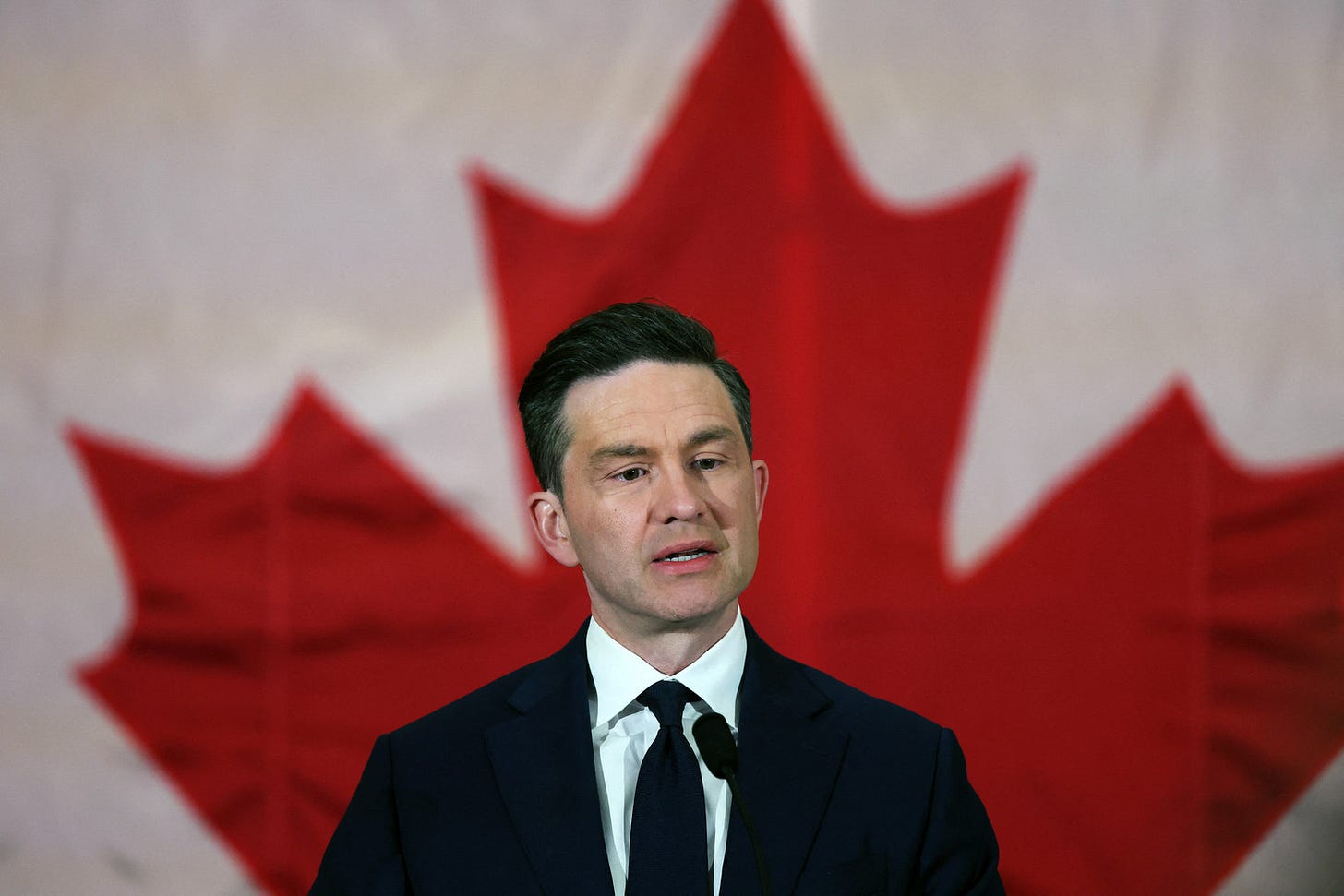Why Poilievre Deserves Another Shot at Leadership
Here’s why Pierre Poilievre's 41.4% vote share makes him worth keeping as CPC leader despite election loss
The Historic Success Behind the Election Loss
Canada's 2025 federal election delivered some surprising results. While Mark Carney's Liberals maintained power, the Conservative Party of Canada (CPC) under Pierre Poilievre achieved something remarkable that many have overlooked amid the disappointment.
Let's take a look at what actually happened. Far from a…



